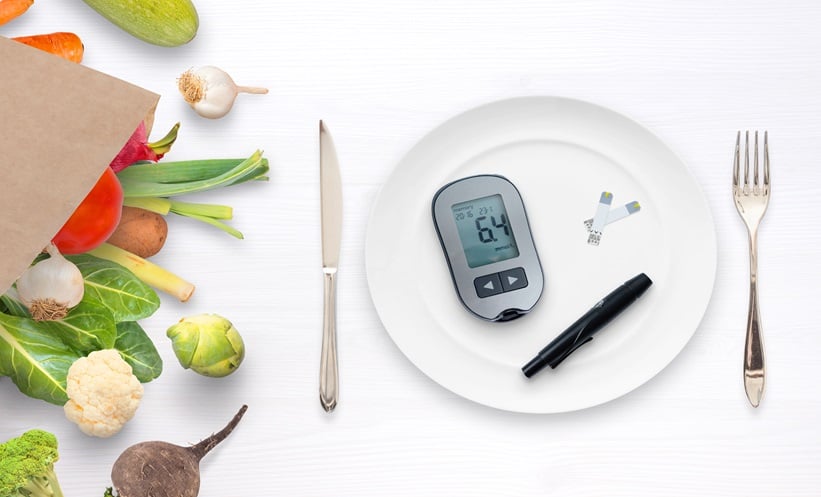A NEW study has found that a whole-food, plant-based diet combined with moderate exercise is more effective than standard medical care (SMC) for improving glycaemic control and reducing medication use in individuals with type 2 diabetes. This randomised controlled trial, the largest and longest of its kind, involved 169 adults aged 18 to 75 in the Marshall Islands over 24 weeks.
The intensive intervention included 12 weeks of prepared meals, group classes, and supervised exercise sessions. The primary outcomes measured were glycaemic control, including HbA1c, glucose, insulin, and HOMA-IR, as well as the use of glucose-lowering medications.
Results revealed that the plant-based intervention reduced HbA1c by an additional 14 mmol/mol (1.3%) at 12 weeks and 8 mmol/mol (0.7%) at 24 weeks compared to SMC. Notably, 63% of participants in the intervention group reduced their diabetes medications, compared to just 24% in the SMC group. Furthermore, 23% of those in the intervention group with a baseline HbA1c below 75 mmol/mol achieved diabetes remission.
The secondary outcomes were also promising. The intervention group saw significant reductions in weight (−2.7 kg), C-reactive protein (−11 nmol/l), and cardiovascular medication use compared to SMC.
The authors concluded that a whole-food, plant-based diet, paired with moderate exercise, provides a powerful, evidence-based lifestyle option for managing type 2 diabetes. This intervention not only improved glycaemic control but also reduced the need for medications and induced remission in some cases, offering a promising alternative to conventional treatment approaches.
Aleksandra Zurowska, EMJ
Reference
Hanick CJ et al. A whole-food, plant-based intensive lifestyle intervention improves glycaemic control and reduces medications in individuals with type 2 diabetes: a randomised controlled trial. Diabetologia.2024;DOI:10.1007/s00125-024-06272-8.








